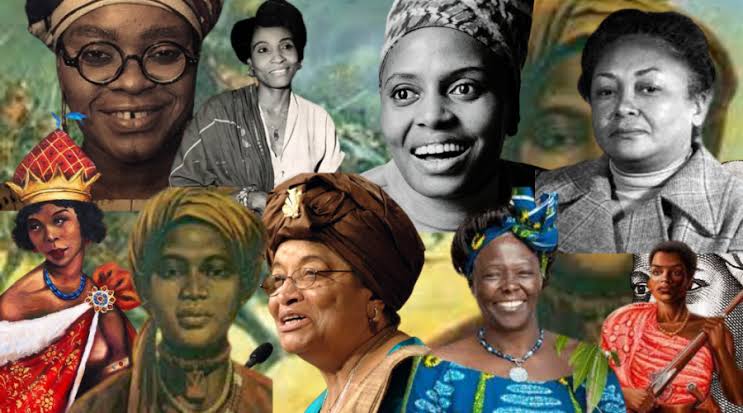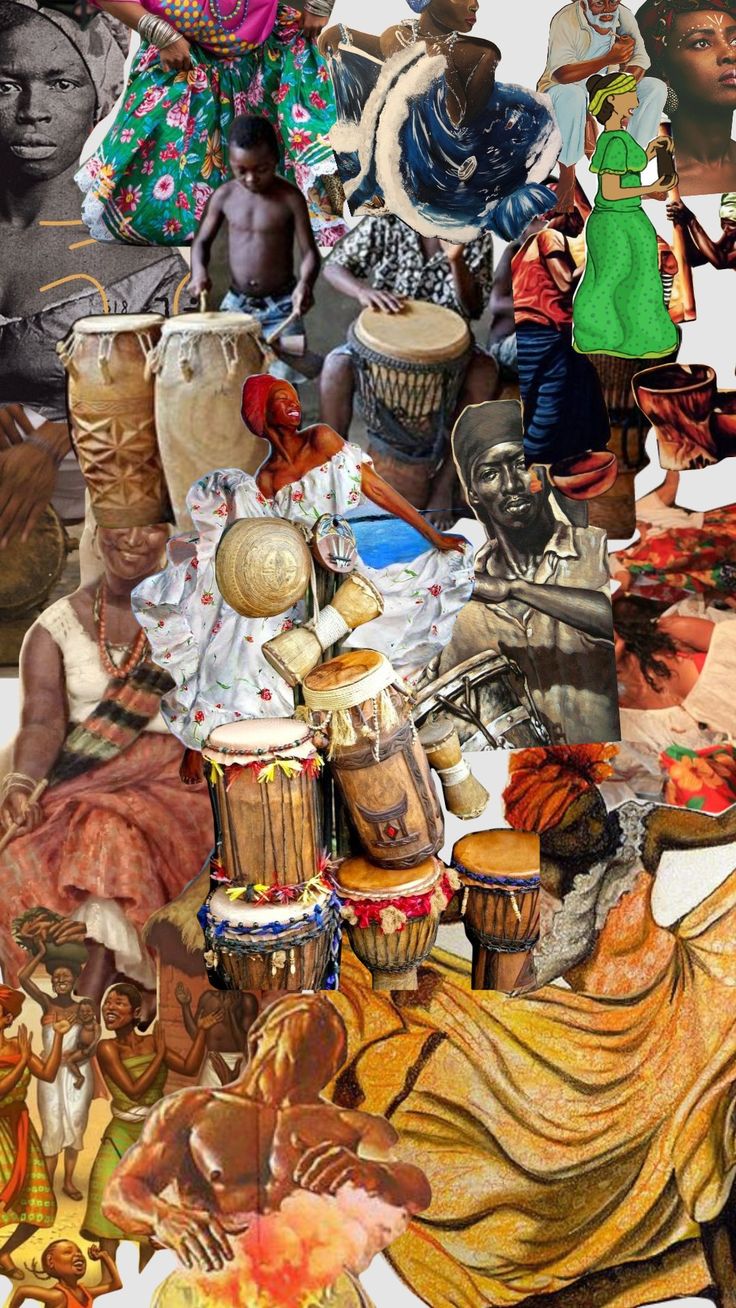Africa’s cybercrime crisis deepens as scam cases spike 3,000% across key countries
Suspected scam notifications have surged by nearly 3,000% in some African countries, according to INTERPOL’s Africa Cyberthreat Assessment Report 2025 [PDF]. The report reveals that this unprecedented spike is part of a broader rise in sophisticated cyberthreats undermining the continent’s digital transformation.
The report identifies four dominant cybercrime trends impacting the region: online scams, ransomware attacks, business email compromise (BEC), and digital sextortion.
Online scams, including phishing, remain the most prevalent threat. Countries like Zambia, Egypt, and Kenya recorded sharp spikes in scam-related incidents. Cybercriminals increasingly use artificial intelligence to craft convincing phishing emails and impersonate trusted brands, making these scams harder to detect. Phishing alone accounts for over a third of all reported cyber incidents across Africa.
Romance scams are also surging. Fraudsters, particularly in West Africa, exploit social media and dating platforms to manipulate victims into sending money or investing in fake cryptocurrency schemes. INTERPOL warns that the true financial and emotional toll of these scams is likely underreported.
Ransomware attacks are rising sharply, with South Africa, Egypt, Nigeria, and Kenya among the hardest hit. These attacks have targeted hospitals, telecoms, government agencies, and utilities, causing significant service disruptions. High-profile incidents include the South African Department of Defence losing 1.6TB of data to hackers and Telecom Namibia’s breach, which compromised over 492,000 sensitive files.
Business email compromise, a lucrative scam where attackers intercept and manipulate corporate emails, is thriving across Africa. BEC has generated billions in losses globally. AI and deepfake technology are making these scams even more convincing, with fraudsters impersonating executives to trick employees into transferring funds.
Digital sextortion is also rising, fuelled by AI-generated explicit content and organised crime networks. INTERPOL’s data shows significant increases in sextortion cases, especially in Morocco, Egypt, and Mali. Many victims face psychological distress, financial loss, and reputational harm, with young people particularly vulnerable.
As cybercrime evolves, Africa’s capacity to counter it remains uneven. INTERPOL highlights weak legal frameworks, limited resources, and poor cross-border cooperation as key obstacles. Despite progress, including joint operations like Operation Serengeti and partnerships with cybersecurity firms, enforcement agencies often lack the tools, training, and legislation needed to tackle complex cyberthreats.
The report urges African nations to boost public-private collaboration, invest in digital literacy, and prioritise international partnerships to secure the continent’s digital future.
You may also like...
POLITICS:SHOULD POLITICIANS EARN THE MINIMUM WAGE?

What if your president earned the same as a teacher? This bold essay explores the growing divide between political elite...
Erased or Ignored? The Forgotten Female Heroes of African History”

Discover the untold stories of Africa’s forgotten female heroes—from warrior queens and resistance leaders to spiritual ...
Africa's Growth Paradox: Why Booming Economies Aren't Delivering Jobs for Its Youth Majority

Africa's GDP is rising, but youth unemployment persists. Uncover the disconnect between economic growth and job creation...
Emotional Blackmail in African Homes: Love, Guilt, and Obedience

Explore how emotional blackmail shapes relationships in African homes—where love is often tangled with guilt, obedience,...
SOCIAL INSIGHT: IS MARRIAGE STILL RELEVANT IN THE 21ST CENTURY?

Once seen as the ultimate milestone of adulthood, marriage is now being questioned, redefined, and reimagined. This essa...
Urban African Youth and the Rebirth of Cultural Identity

Urban African youth are redefining cultural identity through music, fashion, technology, and activism. From Kenya to Sou...
What Happens to African Girls Who Say No?
(3).jpeg)
Explore the struggles and resilience of African girls who dare to say no to forced marriage, gender-based violence, and ...
The African Dream Is Still to Leave Africa

For many young Africans, the dream isn’t to build Africa — it’s to leave it. This piece explores why the African Dream o...




